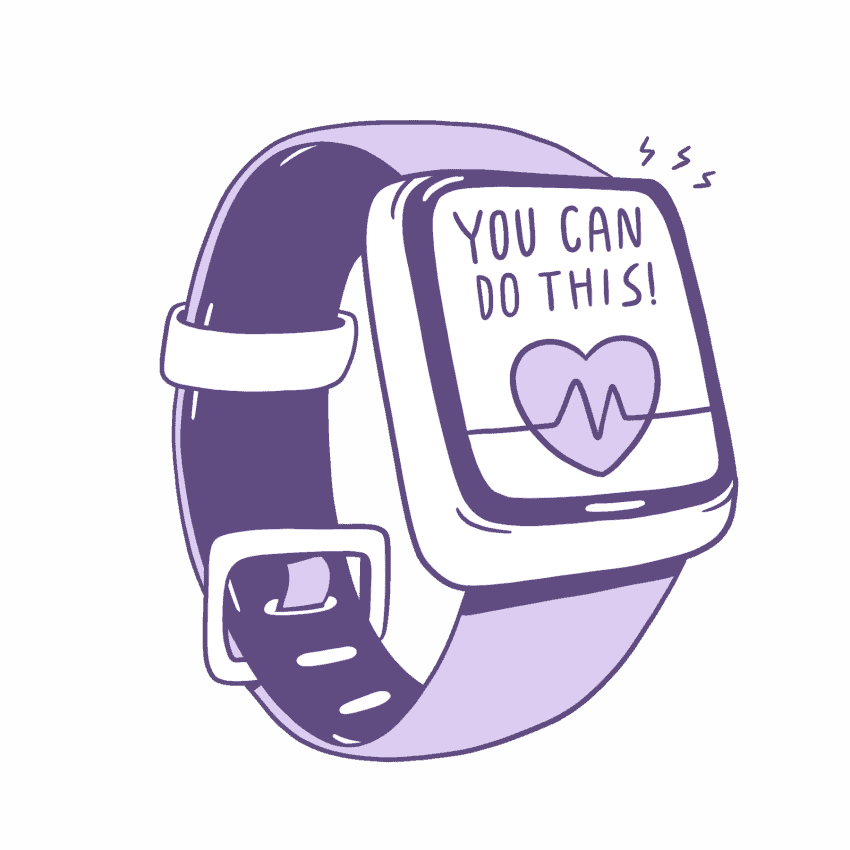Weight loss is a tricky thing. Bodies are a complex group of systems, but often, there are emotional factors at play. With fad diets ever present, it can become easy to get swept up in the false promise of reaching your body goals at lightning speed.
Whatever your motivation for losing weight is, it is important to keep in mind that the best way to lose weight is with your health in mind. Healthy weight loss is often a slow process that requires willpower and dedication, but the results are something to be proud of.
Achieving weight loss most often comes down to creating a calorie deficit — meaning that you burn more calories than you take in over the course of a day. There are no tips and tricks for overcoming this simple truth.
An extreme diet typically looks to achieve an extreme calorie deficit, which yields faster results at the cost of being unsustainable in its nature by not providing your body with everything it needs. Starving your body of the vitamins and energy it requires is unhealthy and will lead to malnourishment regardless of what size you are.
Additionally, many who lose weight with an unsustainable diet achieve their goal weight and then shift off their diet and start gaining the weight back after. This is because they tend to shift back to their old habits and run at a calorie surplus.

Many, myself included, have viewed losing the weight as a life-changing achievement. Perhaps the better way to look at it, however, is that changing your lifestyle must come first. Finding a way to achieve a healthy calorie deficit can be hard, but the key isn’t finding a way to just suffer for a few months and then be done once you’ve hit your target.
While dropping your caloric intake through the floor and starving yourself is a way to reach a certain weight, albeit unhealthily, it leaves you potentially struggling to find a diet that doesn’t starve you but also keeps you from gaining the weight back. A more moderate weight-loss diet is not only healthier but also gives you a less dramatic distance between losing and maintaining body mass.
Laying out all these concepts is all well and good, but how does someone actually go about achieving a healthy caloric deficit? One way is to metaphorically “eyeball it” by only eating when hungry, making healthier choices and avoiding overindulgence by feeling out when you’re full. While this may work for some, it can be hard to really know where you’re at.
One method that holds promise — and a fair amount of success in my own personal experience — is calorie counting. Setting your own calorie budget for each day allows you to choose your own pace, and while maintaining a log of your eating may feel tedious, I find it eases my stress over a meal if I know that it is within my budget.
There are a ton of methods for counting calories, from physical journals to a variety of apps with databases of foods. My favourite tracking app is the Fitbit companion app as it allows you to set an intended calorie deficit and will adjust your budget based on your activity information from your Fitbit — which can both incentivize activity and ensure you’re still eating enough.
In the end, it’s important to keep in mind that any steps towards a healthier lifestyle are positive and setbacks don’t mean failure. Above all else, remember that your size does not dictate your humanity nor the amount that those in your life appreciate you.
—
Jack Thompson / Sports & Health Editor
Graphic: Jaymie Stachyruk / Graphics Editor
Leave a Reply